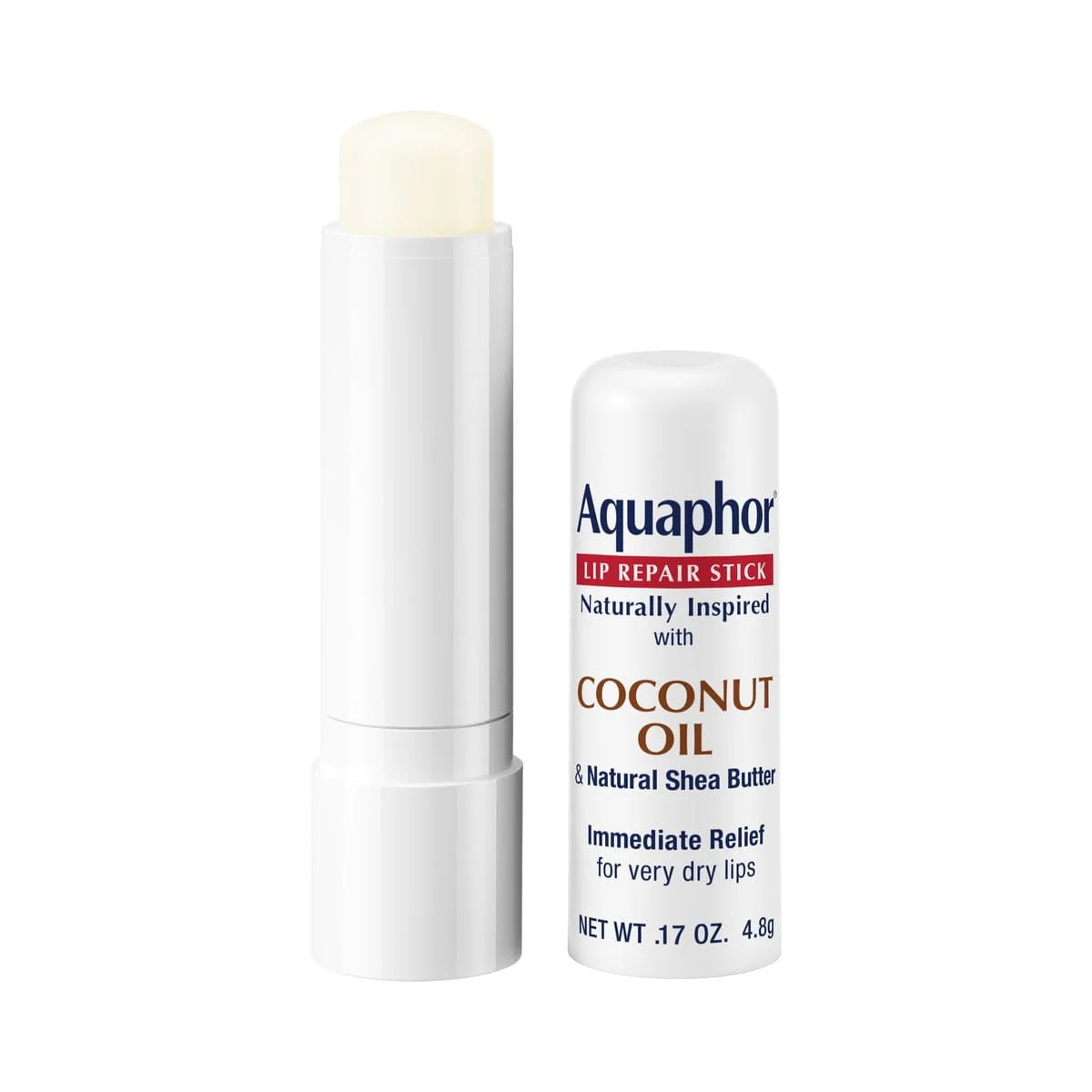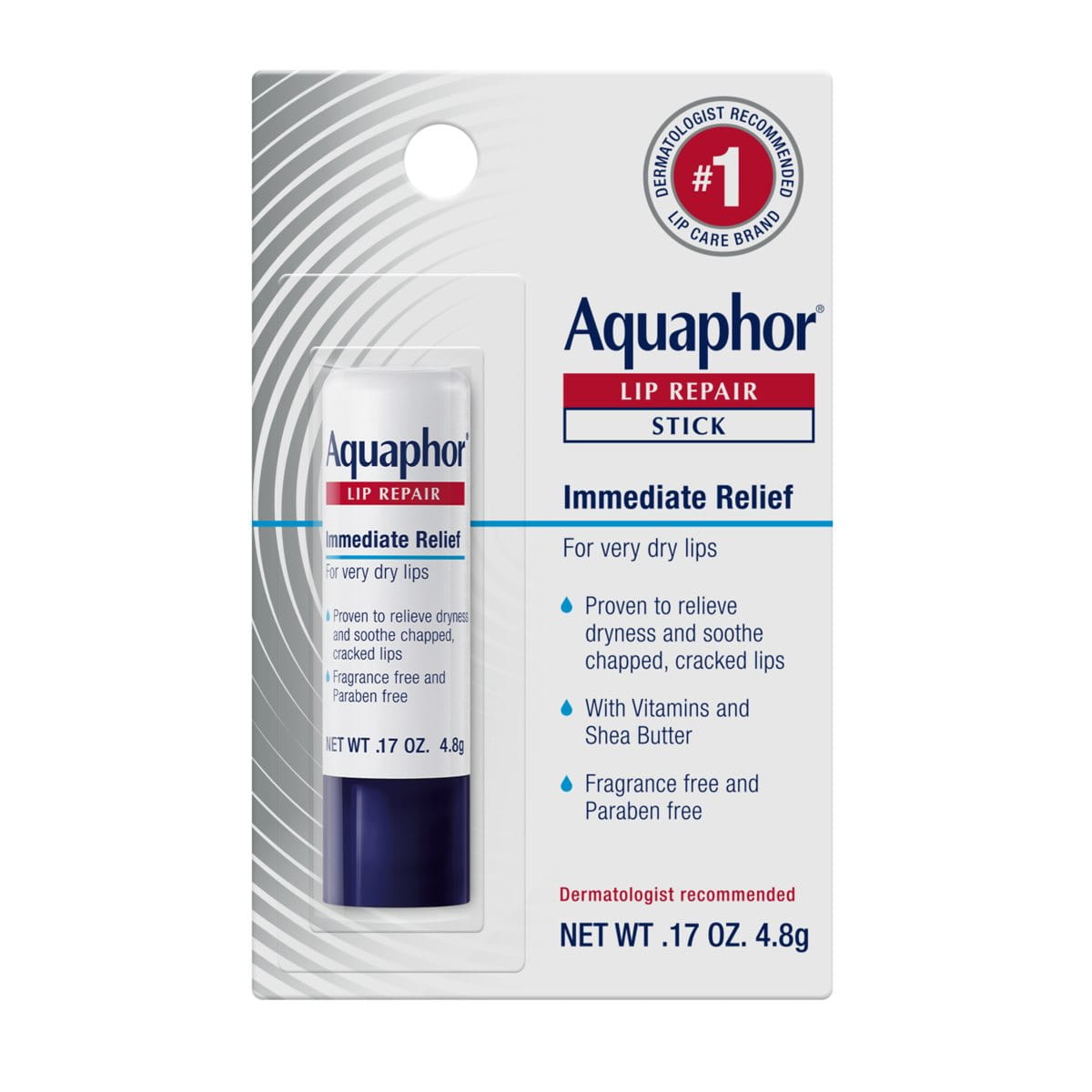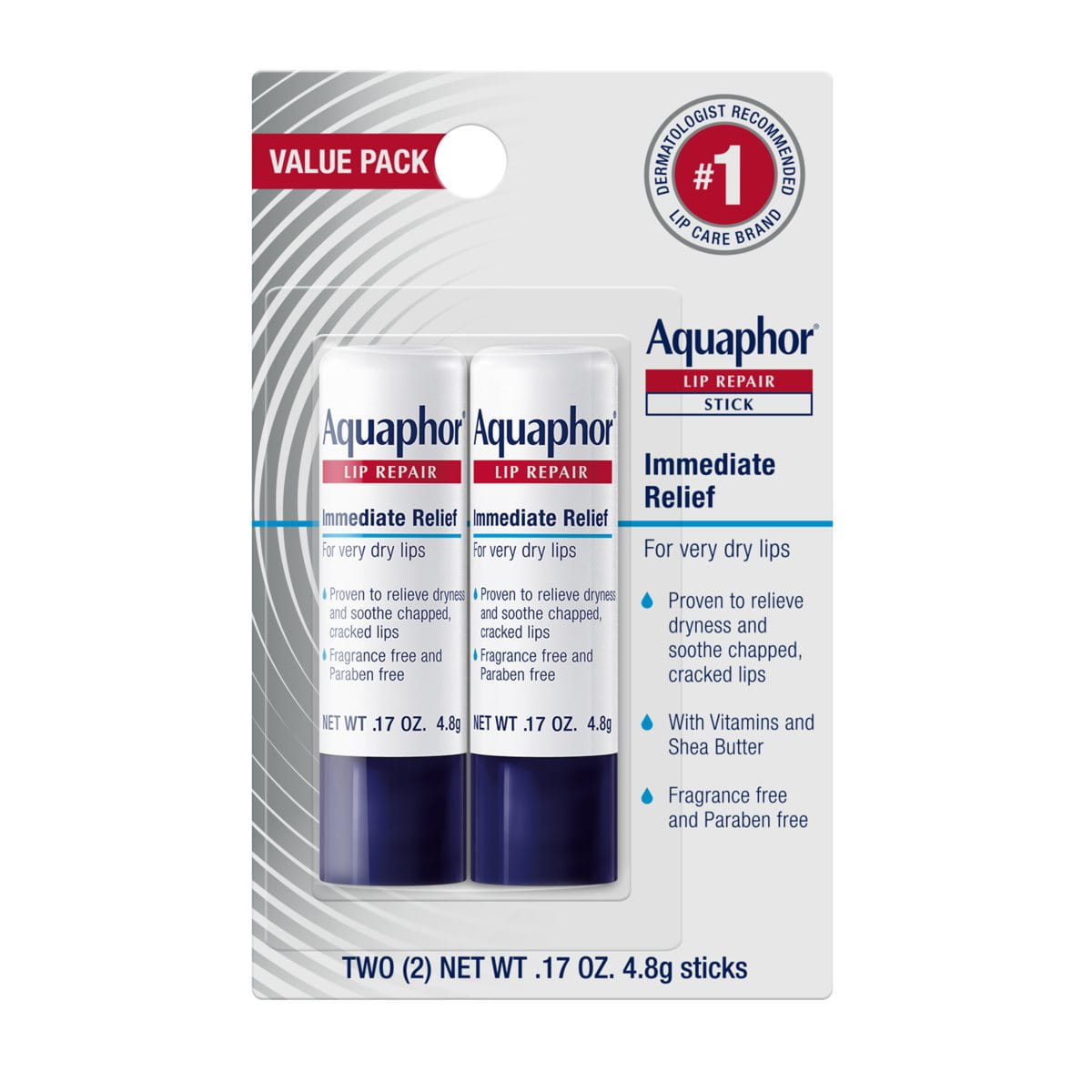What is Coconut Oil?
In its virgin form, Coconut Oil has been used in a variety of ways by tropical and sub-tropical cultures for centuries2. Today, Coconut Oil is commonly used topically for skincare due to its moisturizing and emollient properties3. Coconut Oil is solid at room temperature, with a melting point of 78 degrees Fahrenheit4, meaning it can be applied to the skin when solid and melt when warmed by the skin.
While Coconut Oil is not nutrient-rich in terms of vitamins and minerals, it has a high concentration of saturated fats, many in the form of medium-chain fatty acids including:
- Capric acid
- Caprylic acid
- Lauric acid5
Fatty acids are beneficial to the skin’s moisture barrier and contribute to helping the skin maintain hydration, making Coconut Oil useful for moisturization of the skin6.
Coconut Oil also contains a variety of polyphenols7 (plant-based micronutrients that function as an antioxidant8).
Note: If Coconut Oil is used in skincare formulas, not all these benefits will be present in each product. Always refer to product packaging to understand a product’s specific purpose.
Is Coconut Oil safe for lips?
Is Coconut Oil good for lips?
Possible benefits of Coconut Oil for lips
Here are some of the key benefits that Coconut Oil may have for lips.
- Hydration and moisturization:
Coconut Oil is an effective emollient, meaning that it helps the skin to retain moisture. Due to its high concentration of fatty acids, Coconut Oil may help to nourish and soothe dry lips. - Antioxidant properties:
Coconut oil is antioxidant-rich and contains several different polyphenols. Antioxidants can help protect the skin against free radicals which can contribute to signs of premature aging in the skin10.
Note: While Coconut Oil is considered generally safe for topical application, as with any product you apply to your skin, be sure to test a small area first and contact a dermatologist if you show any signs of a reaction. While it has shown to be an effective moisturizer, coconut oil has also been shown to have the potential to clog pores, so if you are prone to breakouts, be sure to consult a dermatologist before applying raw coconut oil directly to your skin.
Shea Butter vs. Coconut Oil
Both of these nourishing ingredients are commonly found in skin and lip care products, and both are known for their benefits for skin, but what’s the difference between Shea Butter and Coconut Oil?
- Shea Butter and Coconut Oil are both plant-based fats commonly used in skincare.
- Both Shea Butter and Coconut Oil are solid at room temperature and melt on contact with the warmth of the skin, though Coconut Oil has a lower melting point than Shea Butter at approximately 76-78°F. Shea butter is a more solid texture whereas Coconut Oil is more oily.
- Both Coconut Oil and Shea Butter contain fatty acids which give them their firm texture at cooler temperatures.
- Both Coconut Oil and Shea Butter can have a moisturizing effect when applied to the skin.
- Unrefined Coconut Oil has a prominent coconut scent, whereas unrefined Shea Butter has a very mild earthy scent.
- Both Coconut Oil and Shea Butter contain antioxidants.
Facts Overview: Coconut Oil
Coconut Oil
Application: Coconut Oil can be used in its raw form and applied directly to the skin, but it is a common ingredient in skincare products. Apply and use skincare as directed on packaging.
Contains: More than 90% saturated fatty acids (a large percentage of which are medium-chain fatty acids), and antioxidant compounds known as polyphenols11.
Features: Due to its high concentration of medium-chain fatty acids, Coconut Oil can help promote moisturized, smooth-feeling skin, making it a valuable addition to a lip care routine.
Coconut Oil for lips - takeaways
Aquaphor® lip care formulated with Coconut Oil
Aquaphor® Lip Repair Stick Naturally Inspired with Coconut Oil is proven to relieve dryness and soothes chapped lips. This hydrating lip care is fragrance, preservative and dye-free and is formulated with nourishing vitamins, Coconut Oil, and natural Shea Butter.
This lip repair stick glides on easily for a smooth application and is great for moisturizing your lips.
The information provided herein is not intended to be medical advice. Nor is it intended to treat the underlying skin disease or condition. The information is provided solely to:
- Moisturize, soften and smooth dry skin
- Improve the appearance of the skin
- Achieve healthier-looking skin
Sources
- Will coconut oil help your eczema? National Eczema Association. https://nationaleczema.org/blog/get-the-facts-coconut-oil/.
- Boateng, L.; Ansong, R.; Owusu, W. B.; Steiner-Asiedu, M. Coconut Oil and Palm Oil’s Role in Nutrition, Health and National Development: A Review. Ghana Medical Journal 2016, 50 (3), 189.
- Varma, S. R.; Sivaprakasam, T. O.; Arumugam, I.; Dilip, N.; Raghuraman, M.; Pavan, K. B.; Rafiq, M.; Paramesh, R. In Vitro Anti-Inflammatory and Skin Protective Properties of Virgin Coconut Oil. Journal of Traditional and Complementary Medicine 2019, 9 (1), 5–14. https://doi.org/10.1016/j.jtcme.2017.06.012.
- Harvard T.H. Chan. Coconut Oil. The Nutrition Source. https://nutritionsource.hsph.harvard.edu/food-features/coconut-oil/.
- Coconut Oil: MedlinePlus Supplements. Medlineplus.gov. https://medlineplus.gov/druginfo/natural/1092.html.
- Lin, M.-H.; Khnykin, D. Fatty Acid Transporters in Skin Development, Function and Disease. Biochimica et Biophysica Acta (BBA) - Molecular and Cell Biology of Lipids 2014, 1841 (3), 362–368. https://doi.org/10.1016/j.bbalip.2013.09.016.
- Abdalla, S.; Aroua, M. K.; Gew, L. T. A Comprehensive Review of Plant-Based Cosmetic Oils (Virgin Coconut Oil, Olive Oil, Argan Oil, and Jojoba Oil): Chemical and Biological Properties and Their Cosmeceutical Applications. ACS Omega 2024, 9 (44). https://doi.org/10.1021/acsomega.4c04277.
- What Do Polyphenols Do for You? Cleveland Clinic. https://health.clevelandclinic.org/polyphenols.
- Agero, A. L. C.; Verallo-Rowell, V. M. A Randomized Double-Blind Controlled Trial Comparing Extra Virgin Coconut Oil with Mineral Oil as a Moisturizer for Mild to Moderate Xerosis. Dermatitis (formerly American Journal of Contact Dermatitis) 2004, 15 (03), 109. https://doi.org/10.2310/6620.2004.04006.
- Oresajo, C.; Pillai, S.; Manco, M.; Yatskayer, M.; McDaniel, D. Antioxidants and the Skin: Understanding Formulation and Efficacy. Dermatologic Therapy 2012, 25 (3), 252–259. https://doi.org/10.1111/j.1529-8019.2012.01505.x.
- Chen, X.; Kim, D. I.; Moon, H.-G.; Chu, M.; Lee, K. Coconut Oil Alleviates the Oxidative Stress-Mediated Inflammatory Response via Regulating the MAPK Pathway in Particulate Matter-Stimulated Alveolar Macrophages. Molecules 2022, 27 (9), 2898. https://doi.org/10.3390/molecules27092898.





